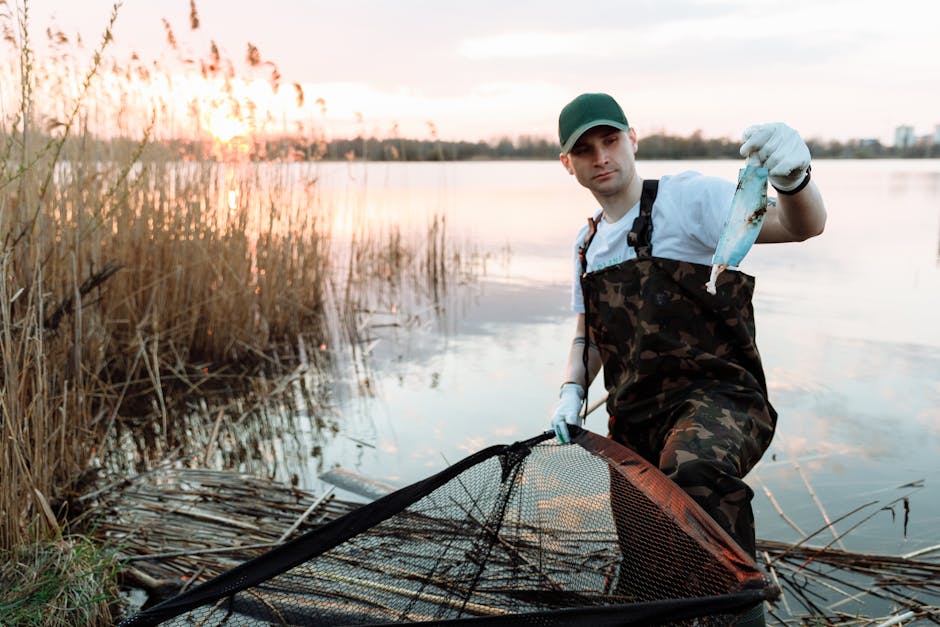Water, the lifeblood of our planet, faces unprecedented pressures in the 21st century. Droughts, climate change, and burgeoning populations are straining existing resources, highlighting the urgent need for comprehensive and innovative water conservation strategies. This article delves into a spectrum of solutions, examining practical applications and acknowledging the complexities involved.
A critical understanding of the water cycle and its intricate interplay with human activities is paramount. Water isn’t merely a resource; it’s an integral part of ecosystems, supporting biodiversity and influencing weather patterns. Sustainable water management necessitates a holistic approach that considers all facets of its use and replenishment. This includes both technological advancements and fundamental shifts in societal practices.
Firstly, enhancing water-efficient technologies is a pivotal component. Innovative irrigation systems, such as drip irrigation and sprinkler systems with automated controls, can drastically reduce water wastage compared to traditional methods. These systems precisely target water delivery, minimizing evaporation and runoff, and ensuring crops receive only the necessary hydration. Furthermore, efficient plumbing fixtures, from low-flow showerheads to dual-flush toilets, significantly curtail domestic water consumption without sacrificing functionality. Modern appliances, particularly those used in manufacturing, can also be designed with water-saving mechanisms. For instance, industrial laundries can adopt advanced water recycling technologies to reuse wastewater. These technologies, although often requiring upfront investment, offer long-term economic and environmental benefits.
Secondly, altering agricultural practices constitutes a crucial strategy for water conservation. Precision irrigation, as mentioned, plays a critical role. Additionally, choosing drought-resistant crops and optimizing planting schedules to align with rainfall patterns can minimize the demand for supplemental irrigation. Integrated pest management techniques, which reduce the reliance on water-intensive pesticides, also contribute. Moreover, promoting rainwater harvesting and utilizing greywater systems for non-potable applications can supplement existing water supplies. By understanding the local climate and water availability, farmers can adapt their techniques for maximum efficiency.
Thirdly, promoting responsible water management in urban areas is paramount. Sustainable urban planning can play a substantial role in conserving water. Implementing green infrastructure, like permeable pavements and green roofs, enhances the city’s capacity to absorb rainwater, reducing runoff and replenishing groundwater resources. Encouraging water-wise landscaping, employing native plants with lower water needs, and establishing community gardens can further contribute to this effort. Public awareness campaigns focusing on responsible water use in daily life, such as shorter showers, fixing leaky faucets, and optimizing appliance usage, are equally critical.
Fourthly, robust water governance and policy frameworks are essential for effective water conservation. Implementing water pricing mechanisms that reflect the true cost of water can incentivize responsible use. Water rights policies, equitably distributing access and usage, are equally crucial. Furthermore, government regulations and incentives can support the adoption of water-efficient technologies in various sectors, from agriculture to industry. International collaborations and knowledge sharing among nations with similar water challenges can significantly enhance conservation efforts.
Finally, addressing climate change is an indispensable element of any water conservation strategy. Extreme weather events are impacting water resources worldwide, leading to droughts and floods. Mitigation efforts, focusing on reducing greenhouse gas emissions, are thus vital in stabilizing climate patterns and preserving water resources. Adaptation strategies, such as developing drought-resistant infrastructure and building flood control measures, are necessary to manage the impacts of a changing climate. Sustainable water management strategies, interwoven with climate change adaptation and mitigation, are the cornerstone of a resilient future.
In conclusion, a multifaceted strategy encompassing technological advancements, shifts in agricultural practices, urban planning initiatives, robust water governance, and climate action is essential for effective water conservation. This comprehensive approach necessitates cooperation at all levelsfrom individuals to governments to international organizations. By embracing these solutions, we can secure water resources for present and future generations and build a more sustainable and equitable world. The responsibility of safeguarding our water resources is shared, and the time for action is now. Sustainable practices are not merely desirable; they are imperative for the health of our planet.












